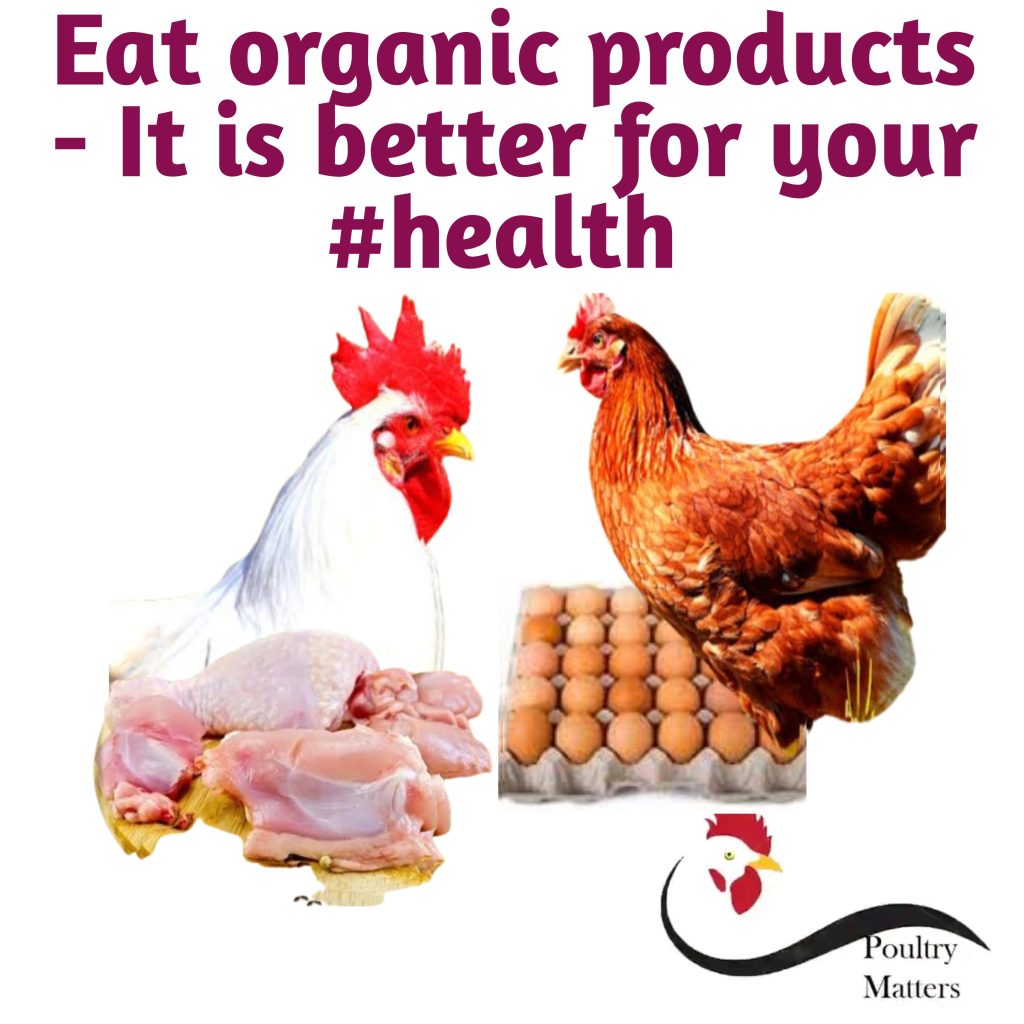In recent times, there has been a significant shift in consumer preference toward organic products over processed foods. This change is driven by increasing awareness of health, wellness, and environmental sustainability, leading consumers to prioritize healthier lifestyles and eco-friendly practices.
This global trend has notably impacted the poultry industry, creating both opportunities and challenges for farmers. As demand for organic poultry products continues to grow, farmers must adapt their production methods, compliance strategies, and marketing approaches to remain competitive in the evolving marketplace.
Challenges of Organic Poultry Farming
Transitioning to organic poultry farming requires major adjustments in farm operations. Some key challenges include:
1. Higher Production Costs
Organic poultry feed is significantly more expensive than conventional feed, leading to increased feeding costs and overall production expenses. This financial burden may affect the farmer’s ability to adequately care for the birds.
2. Increased Infrastructure Investment
Adopting a free-range or organic poultry system often requires substantial investments to upgrade facilities and meet organic farming standards. Farmers without sufficient funding may struggle to implement necessary improvements.
3. Higher Labor Costs
Organic poultry farming is labor-intensive, as many tasks—such as pest control, composting, and natural disease management—require manual intervention rather than chemical-based solutions. The need for more farm workers increases operational costs.
4. Supply Chain Challenges
Sourcing reliable suppliers for organic-certified feed, vaccines, and other inputs can be difficult and expensive. This can lead to delays or shortages in farm supplies, affecting production efficiency.
5. Price Sensitivity Among Consumers
While demand for organic products is rising, many consumers have limited purchasing power and may be reluctant to pay premium prices. This creates a risk of unsold inventory, particularly for perishable poultry products.
6. Longer Production Cycles
Organic poultry farming requires more time for birds to reach market weight compared to conventional poultry. This results in fewer production cycles per year, potentially reducing the farm’s overall turnover and profitability.
Opportunities in Organic Poultry Farming
Despite these challenges, the increasing demand for organic poultry presents valuable opportunities for farmers who can adapt effectively.
1. Expanding Customer Base
As more consumers become health-conscious, a growing segment of the market prefers organic, free-range poultry over processed alternatives. This shift provides farmers with a larger and more dedicated customer base.
2. Enhanced Brand Perception & Loyalty
Producing organic poultry helps farms establish a strong brand identity, building customer trust and loyalty. Farms that market themselves as premium organic brands can differentiate from conventional poultry businesses.
3. Increased Sales & Profitability
With a rising demand for organic poultry, farmers can sell their products at premium prices, leading to higher revenue and improved profitability.
4. Farm Sustainability & Environmental Benefits
Organic farming practices promote soil fertility, reduce pollution, and support biodiversity. By adopting sustainable practices, farmers can improve the long-term viability of their operations while also contributing to environmental protection.
Embracing the Future of Organic Poultry Farming
With strategic planning and innovation, poultry farmers can successfully navigate the challenges of organic farming while tapping into niche markets and new revenue streams. By adapting to the evolving preferences of health-conscious consumers, poultry farmers can position themselves for sustained growth and success in the organic food industry.
Read more on latest trend in poultry farming
https://poultrygist.com.ng/2025/01/key-poultry-farming-trends-to-note/
https://poultrygist.com.ng/2025/01/sustainability-in-poultry-farming-business/
https://poultrygist.com.ng/2024/10/poultry-vaccination/

